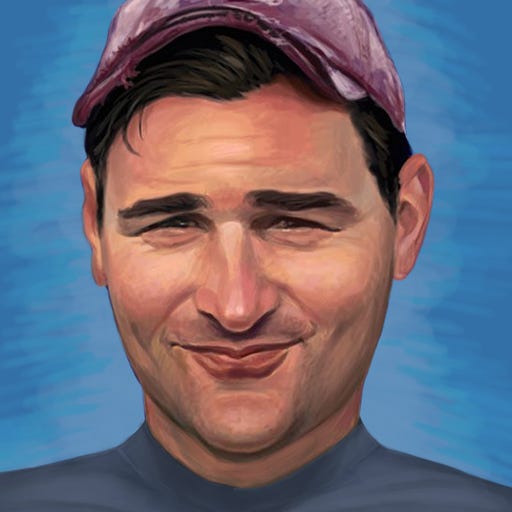
When our kids were growing up, I did not allow them to say the B-word. If I heard any of them say, “I’m bored,” I would first give them something to do. And then regale them with sayings of G. K. Chesterton, that there is no such thing as a boring subject, just a bored person, and that boredom is a failure of the imagination.
I would also bring up the character in Joseph Heller’s Catch-22, who purposefully cultivated boredom. He did so because when you are bored, time seems to drag on for so long. He reasoned that if he were always bored, it would extend his life by making it seem to last longer.
(I also forbade the F-word. If I heard any of them say “fair,” as in “That’s not fair!”, I would punish them with a lecture on the nature of justice, whereupon they had to prove the injustice in their complaint. All of this worked better than washing their mouths out with soap.)
So, as an apologist for boredom who has inflicted that virtue on my children and who, as a professor, gave that gift to countless students, thereby extending their lives, I was glad to come across a piece by Matt Labash entitled Overstimulation Nation: How embracing boredom could help us. [This is at his Substack site, Slack Tide, but the post is free.]
Labash writes about politics, culture, and even religion from a mostly conservative and mostly humorous point of view. (He is, in fact, a graduate of Mount Olive Lutheran School in San Antonio. His family wasn’t Lutheran though, but he identifies, as they say, as an evangelical Christian.)
He begins with an account of himself watching President Biden’s state of the union address, with all of the accusations and heckling, the drama and the outrage.
And yet, even with all the excitement, I couldn’t sustain any. I was bored by the excitement. Or rather, I craved boredom, finding all the excitement dull in a not-this-sh*t-show-again sort of way. For the last decade or so, we’ve been too over-excited, over-provoked, and overstimulated. . . .
I miss what it feels like to not be overstimulated or provoked or moved to outrage, which we are constantly prompted to be. There is not much our society won’t ingest these days. We like at least two of everything, and supersized. But one thing we seem to have no appetite for is being bored even for a second. Letting our minds sit still, instead of wandering around in our pathology-driven media hellscape.
Labash goes on to quote an essay by the Canadian artist and novelist Douglas Coupland entitled “Why the Nineties Rocked,” which is “partly about how different life looked in the last days before we had constant noise in our ear.”
And then he quotes the 20th century monk Thomas Merton (his italics, my bolds):
Our being is not to be enriched merely by activity or experience as such. Everything depends on the *quality* of our acts and our experiences. A multitude of badly performed actions and of experiences only half lived exhausts and depletes our being. By doing things badly we make ourselves less real. . . .
When our activity is habitually disordered, our malformed conscience can think of nothing better to tell us than to multiply the *quantity* of our acts, without perfecting their quality. And so we go from bad to worse, exhaust ourselves, empty our whole life of all content, and fall into despair. There are times, then, when in order to keep ourselves in existence at all we simply have to sit back for a while and do nothing. And for a man who has let himself be drawn completely out of himself by his activity, nothing is more difficult than to sit still and rest, doing nothing at all. The very act of resting is the hardest and most courageous act he can perform: and often it is quite beyond his power.
Illustration: Matt Labash from Slack Tide at Substack.












